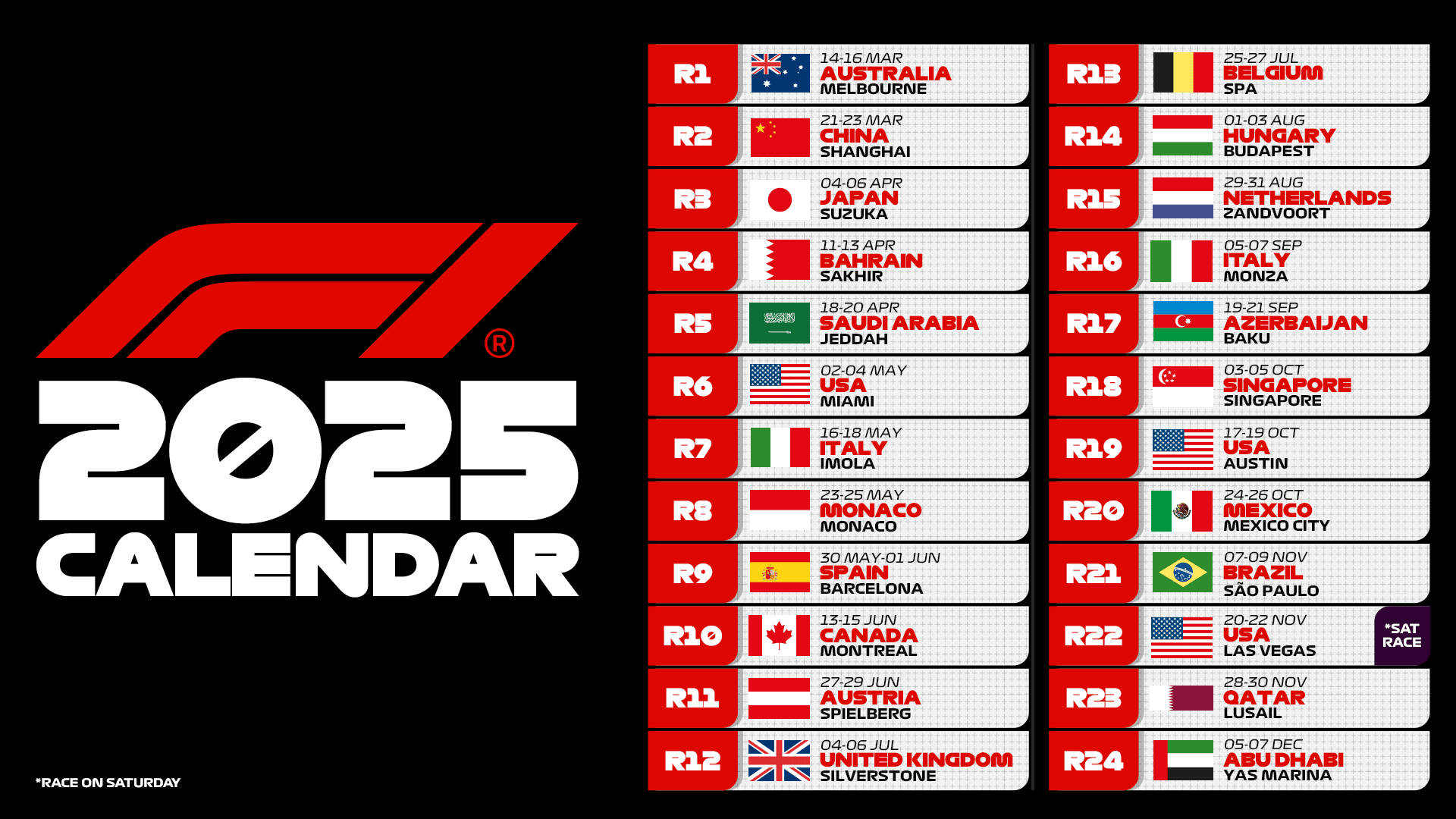The history of Formula 1 is lined with heroic comeback stories that have come against the odds.
But these have largely come in individual races – remember Jensen Button’s incredible move from last-to-first in the epic Canadian Grand Prix of 2011, or Ayrton Senna’s logic defying victory at Suzuka in 1988 after stalling on the grid?
Champion! 🏆🇧🇷#OnThisDay in 1988, Ayrton Senna clinched the first of his three world titles with victory at the #JapaneseGP in Suzuka. pic.twitter.com/byVC7B6Kxc
— McLaren (@McLarenF1) October 30, 2019
However, as far as the overall Drivers’ Championship standings are concerned, big comebacks have largely been few and far between – once the leader has asserted their dominance on the leaderboard, it has often proven very difficult to reel them in.
That could well prove to be the case in 2022 as well, with Max Verstappen holding a commanding 80-point lead over Charles Leclerc with less than 10 races left on the schedule. As a result, the F1 betting in Canada unsurprisingly makes the Dutchman a heavy -800 favorite in the title race odds, with the Monegasque driver a long way back at +1200.
But Ferrari has, by and large, been faster than Red Bull this term, and if the summer break has heralded a breakthrough in the reliability of the F1-75, then who knows – maybe Leclerc can emulate these fantastic Drivers’ Championship comeback wins.
Sebastian Vettel (2012)
Arguably the greatest comeback in F1 history saw Sebastian Vettel overcome a 39-point deficit with just seven races to go on the calendar.
The German clinched the third of his drivers’ titles in 2012 by hauling in Fernando Alonso, who appeared to have built an unassailable lead heading into the dying embers of the campaign.
Show your support for Scuderia Ferrari with official merchandise collection! Click here to enter the F1 online Store and shop securely! And also get your F1 tickets for every race with VIP hospitality and unparalleled insider access. Click here for the best offers to support Charles and Lewis from the track!
But Vettel won four races on the bounce in Singapore, Japan, South Korea and India, and heading into the final three outings of the season he had fashioned a lead of his own.
A dramatic finale at the Brazilian Grand Prix threatened to derail Vettel’s title charge, but he fought his way to sixth place – meaning that Alonso had to win at a soggy Interlagos to claim the title.
✅ Stunning overtakes
— Formula 1 (@F1) April 25, 2020
✅ Changeable conditions
✅ Underdog leading the race
The 2012 Brazilian Grand Prix had it all! We’re just 3️⃣0️⃣ minutes away from re-living it on Facebook, YouTube and https://t.co/AmP4UhZXMU 📺#F1Rewind ⏪ #F1 pic.twitter.com/A8RKU4TTmG
But the Spaniard was unable to pass Button, ensuring Vettel claimed the most unlikely of title victories.
Sebastian Vettel (2010)
That’s right – the four-time world champion is arguably responsible for two of the greatest comeback wins in the sport’s history.
His 2010 triumph was delivered on similar terms to his opus two years later – the German overcame a 31-point deficit with just six races to go on this occasion.
Suzuka and Interlagos once again proved to be happy hunting grounds, and the title would be decided at the final race of the season – as history would repeat itself in 2012, it was a straight shootout between Alonso and Vettel for glory.
The Spaniard would clinch the championship with a podium finish at Yas Marina, but he could only muster seventh place and watch on in horror as Vettel completed a sublime win to become, at 23, the youngest F1 world champion in history.
Kimi Raikkonen (2007)
Leclerc will be hoping that he can extend the 2022 title race into the latter stages of the season.
If he can, Kimi Raikkonen’s comeback victory in 2007 showed that minor miracles can occur as the pressure heats up on the leader at the top of the standings.
The Finn had driven well in the early going of the season, but reliability issues with his Ferrari saw him go through the mid-part of the campaign with just two wins in nine races.
But he rallied, and heading into the final two races of the term, Raikkonen knew that he needed to win in China and Brazil – and hope other results went his way – to capture the crown.
Well, you can probably guess the rest. Raikkonen triumphed at Shanghai and Interlagos, and watched on with relish as McLaren made a couple of strategic errors to ultimately cost Lewis Hamilton the title.
So, maybe we shouldn’t be too quick to write off Leclerc and Ferrari in 2022…












.png)

Leave a Reply